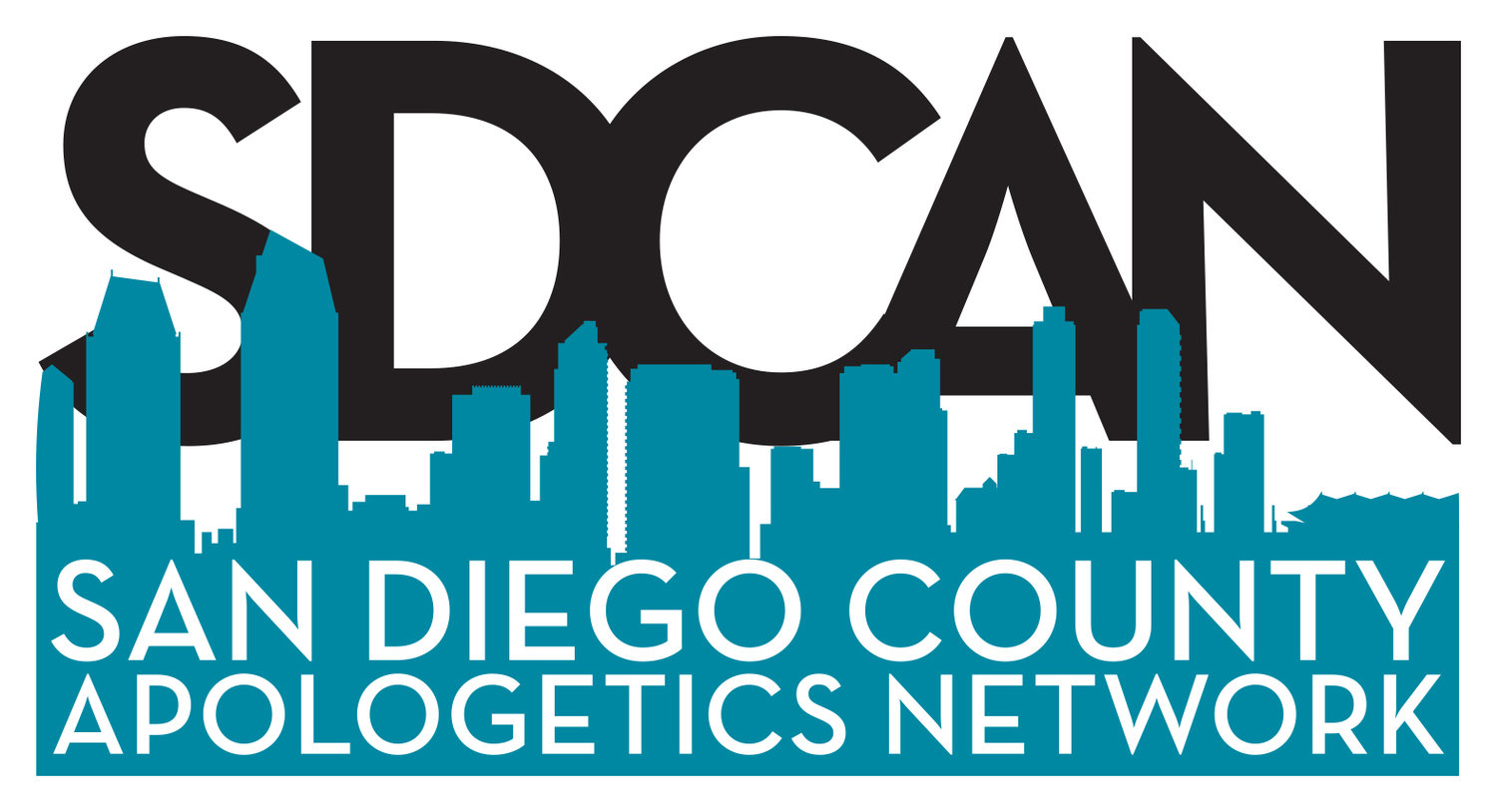I teach a class at Palomar College--The Bible as Literature. I thought people might like to see some of the material we cover, so let's get started.
Having taught a survey course in Biblical literature at Palomar College for a number of years, I have seen the need for some introductory material to help students understand many things: the culture of Biblical times, geography of the areas discussed, key names/places/events, an historical outline to be able to place the events in perspective, introductions to each book of the Bible, literary terms, and other important elements. So, in a series of blog posts, I'd like to share the kind of material I have gone over with my past classes. I will cover several key areas: the importance of the Bible, the history of the Bible itself, the history of the Bible world (very brief!), the geography of the Bible world, how to read the Bible, introductions for each book of the Bible, and literary devices found in the Bible.
Let's start by examining the importance of the Bible in today's world. There are those who believe the Bible is only important for pious Christians and Jews who look at it for its theological significance. As a result, they don't read it, and we end up with a biblically illiterate society. But the Bible has tremendous value beyond its theology.
First, it is a repository of some of the world's best literature. Think of just the stories that are in the Bible – Noah and the Flood, Abraham and Isaac, David and Goliath, the ministry of Jesus, the missionary trips of Paul. In addition, some of its poetry ranks with the best the world has produced. A portion of Isaiah is inscribed at the United Nations headquarters in New York City. The Bible has parables, history, letters, tragedies, and comedies throughout its pages.
Secondly, the Bible contains a lot of worldly wisdom. Take the book of Proverbs. Verses there discuss the value of relationships, money and financial wisdom, success in dealing with time constraints, the role of parents, the best way to deal with criticisms, the types of friends to have, and other practical advice. It's no wonder that many people go through one chapter of Proverbs a day. By the end of the month, they have finished the book and gained wisdom.
The Bible is also the source of many literary inspirations. Think about the opening three words of Moby Dick: "Call me Ishmael." We will understand the character in the book so much better if we recognize the name Ishmael from the book of Genesis. Ernest Hemingway had a book called The Sun Also Rises, which takes its title from a passage in Ecclesiastes. One scholar claimed that Shakespeare had 1300 allusions to the Bible in his works. Other writers who were influenced by the Bible include John Milton, Fyodor Dostoyevsky, C. S. Lewis, Flannery O'Connor, Nathaniel Hawthorne, Leo Tolstoy, T. S. Eliot, Emily Dickinson, and too many others to name. Of course, music, sculpture, painting, and other fine arts owe much to the Bible.
We'll cover more on the importance of the Bible in the next post.
